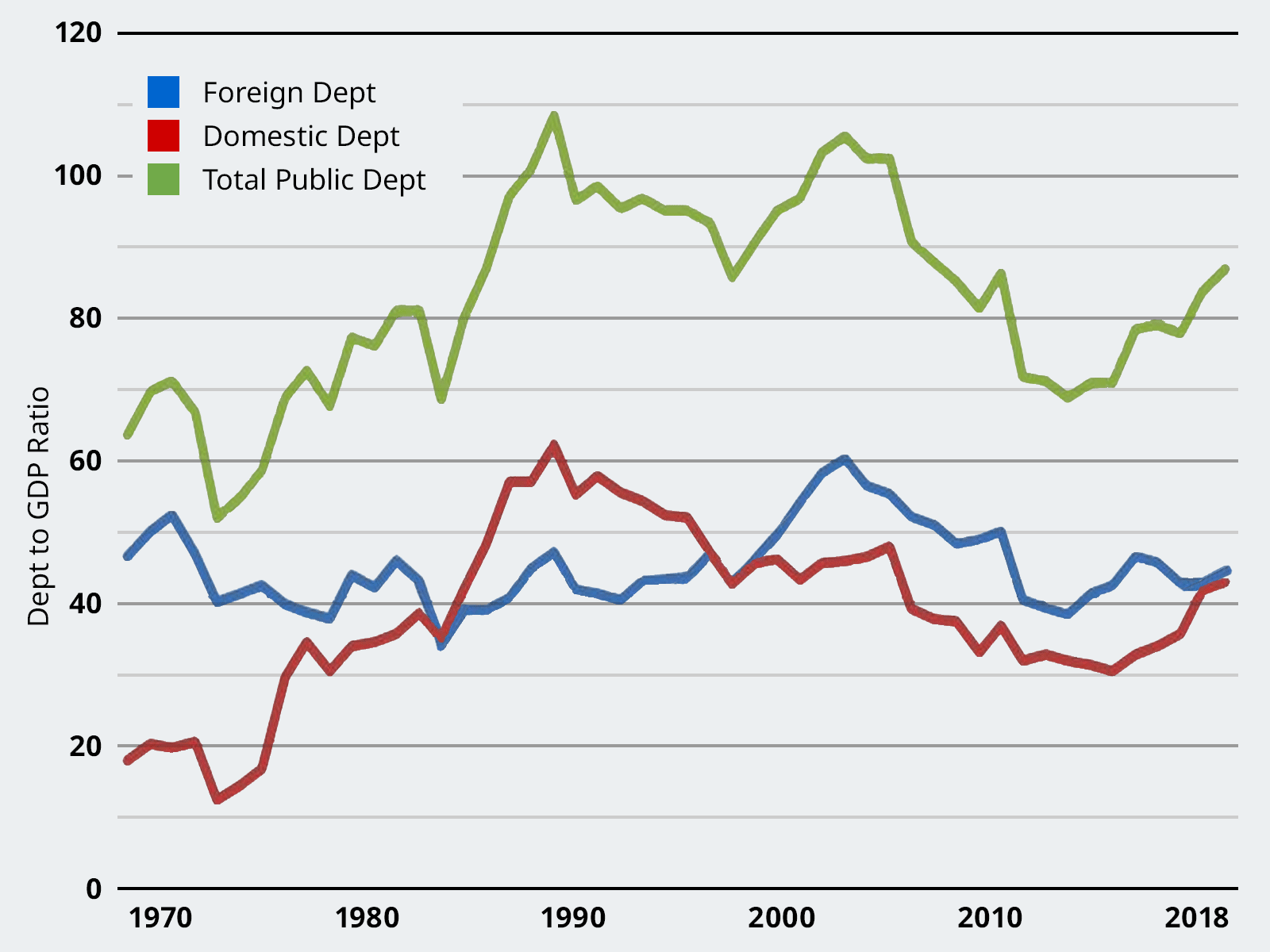| Welcome to the latest issue of Diplomat Brief. This week our top story looks at how the 17+1 went from China’s “gateway to Europe to a “zombie mechanism.” We also have an interview with Luke Patey, a senior researcher at the Danish Institute for International Studies, about China’s expanding global footprint as well as growing backlash against Beijing’s grand schemes. |
| Story of the week |  | DIPLOMACY How China's 17+1 Became a Zombie MechanismWhat Happened: In 2012, China gathered together 16 Central and Eastern European countries for the first summit of what would become the “17+1.” The mechanism sparked an avalanche of analysis about China’s growing influence over the region, and its potential to divide the European Union from the inside. But nearly 10 years on, the Central and Eastern European countries themselves have largely lost interest, as shown by the lackluster participation at this week’s virtual summit. Our Focus: “These Central and Eastern European (CEE) countries were supposed to be China’s gateway to Europe; instead they became its biggest headache,” writes Andreea Brînză, the vice president of the Romanian Institute for the Study of the Asia-Pacific. For example, “Instead of being a Chinese bridgehead in Europe, Central and Eastern Europe ended up one of the most restrictive regions for Huawei, which is one of Beijing’s most sensitive geopolitical topics.” What Comes Next: China is unlikely to abandon the 17+1 entirely, even though the format has long since ceased to be useful. And while there are rumors some countries may seek to formally withdraw, it’s more likely the dissatisfied parties will quietly downgrade their participation, as happened this week. With that in mind, don’t be fooled by the annual headlines about China’s outreach to the region. Read this story |
| Behind the News | INTERVIEW Luke PateyLuke Patey, author of “How China Loses: The Pushback Against Chinese Global Ambitions,” on China’s push for self-sufficiency in critical sectors: “America’s most strident decouplers are no longer in the White House, but China’s own are still hard at work. Read the interview |
| This Week in Asia | Northeast Asia COVID-19 Restrictions Hamper Lunar New Year CelebrationsFor the second time since the pandemic began, COVID-19 is complicating celebrations of Lunar New Year, one of the most important holidays throughout East Asia. Though the pandemic is largely under control in China, sporadic local outbreaks have still resulted in holiday travel being discouraged – if not outright restricted. Likewise, Taiwan is instituting restrictions on celebrations, as is South Korea. Find out more | South Asia India’s Modi Government Locks Horn With TwitterThe ruling Bharatiya Janata Party in India has had a historically uneasy relationship with Twitter, which it often accuses of acting as a conduit for “anti-India” campaigns, all the while leveraging the platform for electoral gains and shouting opponents down. Amid the ongoing farmers’ protests in the country, the Indian government has asked Twitter to block more than 200 accounts or face legal action – and so far, the social media behemoth has not given in to this diktat. This sets the stage for a combative battle ahead, with significant stakes for both. Find out more | Southeast Asia Myanmar’s Coup: The Protests BeginThe fall-out continues from the military’s seizure of power on February 1. This week has seen escalating strikes and protests, which are being reported from every corner of the country. Soldiers have fired water cannons and rubber bullets in a bid to disperse protesters in some places, raising fears of a violent crackdown, as the U.N. Human Rights Council gears up to convene a special session on Myanmar on Friday. Find out more | Central Asia “Raim Millionaire” Goes on Trial in KyrgyzstanLast weekend a high-level Taliban delegation paid a visit to Turkmenistan and pledged (once more) to protect the TAPI pipeline project. The only thing slower than the peace talks between the Taliban and the Afghan government is the TAPI pipeline’s progress. The Taliban aims to come out of the talks a critical political power one way or another, and Ashgabat is hedging its bets. Find out more |
| Word of the Week | POLITICS 헬조선Hell Joseon: A slang term for South Korea that has been embraced by Korean millennials to express their frustration with inequality, difficult job searches, and relentless competition in society. Find out more |
| Webinar | The Diplomat Asks African Perspectives on ChinaLast week, The Diplomat hosted a discussion on the complicated (and often contradictory) African perspectives on China. You can view the recording here. Stay tuned for updates on our next webinar. View the recording |
|  |




![[object Object]](https://thediplomat.com/diplomat-brief/images/magazine/issue_75.jpg)